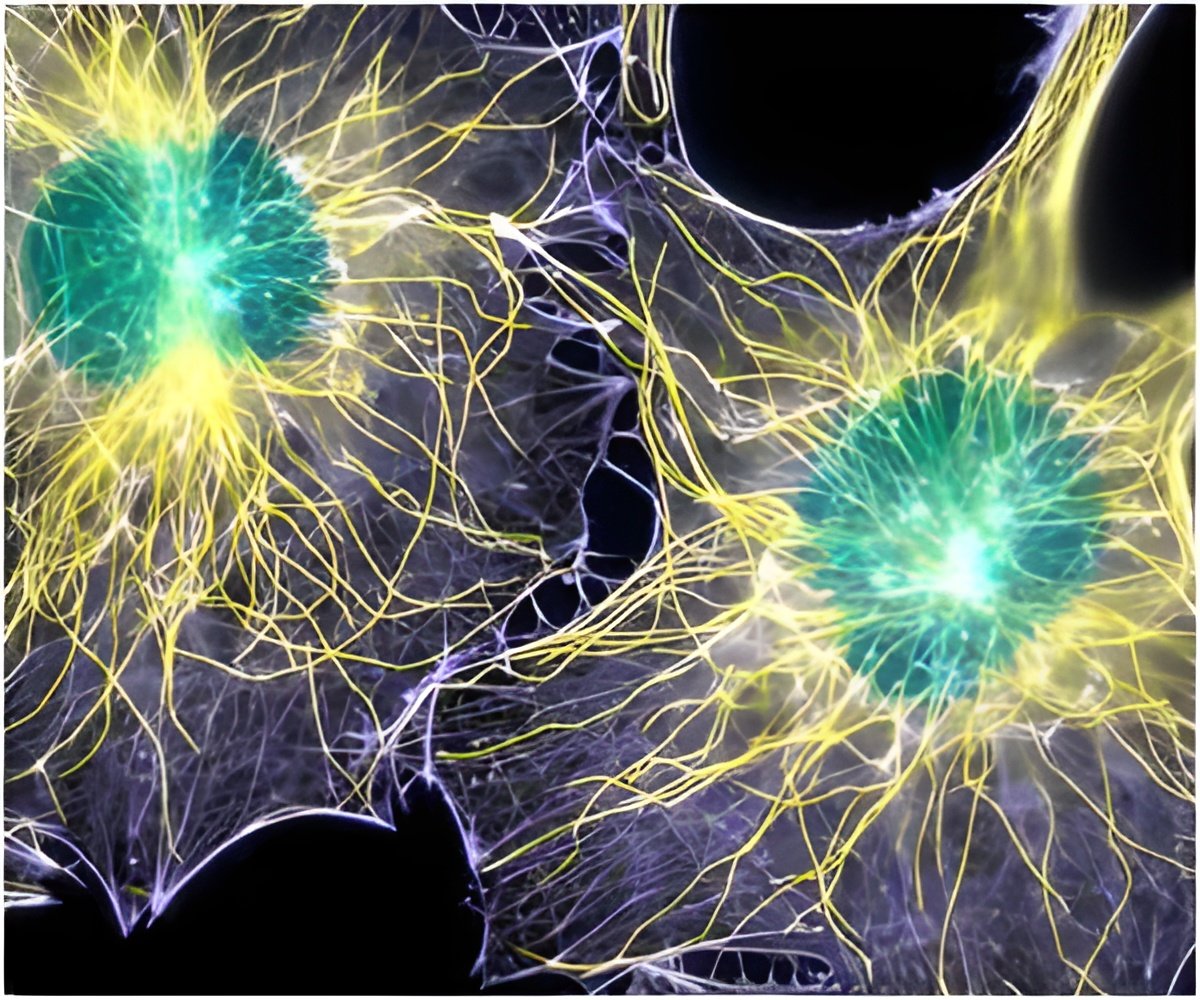The reason why humans are more sensitive to certain viruses compared to other primates has been revealed by scientists.

The first genome-wide, functional comparison of genes regulated by the innate immune system in three primate species discovers potential mediators of differences in disease susceptibility among primates.
Humans are more sensitive than chimpanzees to the severe effects of certain viral infections, such as progression of HIV to AIDS or severe complications from hepatitis B.
Genomic comparisons of humans and their close primate relatives reveal many changes in immune system genes. By stimulating immune cells from humans, chimpanzees and rhesus macaques, Luis Barreiro and colleagues tested functional differences in primate immune pathways.
The "core" response, critical to fight any invading pathogen, was found to be evolutionarily conserved, with similar gene expression patterns across all three species.
However, the regulatory response associated with genes involved in fighting certain viral and microbial infections produced unique effects in each species, probably reflecting rapid adaptation cycles between specific hosts and viruses.
Advertisement
In humans, immune responses were particularly enriched for genes known to be involved in cell death (apoptosis) and cancer biology.
Advertisement
Source-ANI









